For many years now, men and women the world over have graced the covers of health, beauty, and home magazines with flawless, glowing, and absolutely gorgeous skin all with the aim of promoting proper skin health and care.
 The only problem is that most of these pictorial attempts at flawless skin have been heavily airbrushed and glossed over till they look just right. With these guidelines for glowing skin, you will be able to pull off that flawless look entirely on your own!
The only problem is that most of these pictorial attempts at flawless skin have been heavily airbrushed and glossed over till they look just right. With these guidelines for glowing skin, you will be able to pull off that flawless look entirely on your own!
Top 5 Tips For Great Looking Skin
Drink lots of water!
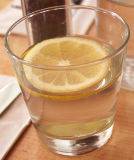 Water has healing powers that cleanse your body of toxins and waste products and help your skin to stay glowingly hydrated. It should be drunk at any and all times of the day, and not reserved only for when you are dehydrated. Drinking a healthy amount of water, as shown by recent studies, has been found to reduce the risk colon cancer by 45%, the risk of bladder cancer by 50%, and even breast cancer. Carry water with you. Keep a bottle handy in your car, a glass of water on your desk, and a jug of water on the dining table at all times. Encourage yourself to drink more because doing so, for fact, will help your skin to glow.
Water has healing powers that cleanse your body of toxins and waste products and help your skin to stay glowingly hydrated. It should be drunk at any and all times of the day, and not reserved only for when you are dehydrated. Drinking a healthy amount of water, as shown by recent studies, has been found to reduce the risk colon cancer by 45%, the risk of bladder cancer by 50%, and even breast cancer. Carry water with you. Keep a bottle handy in your car, a glass of water on your desk, and a jug of water on the dining table at all times. Encourage yourself to drink more because doing so, for fact, will help your skin to glow.
Maintain a proper balance of sunlight.
 Too much sun and tanning is not good for your skin and causes deadly forms of skin cancer, but on the other hand a lack of Vitamin D and sunshine can also cause cancer. Tough luck!
Too much sun and tanning is not good for your skin and causes deadly forms of skin cancer, but on the other hand a lack of Vitamin D and sunshine can also cause cancer. Tough luck!
Avoid the hottest hours of the day. The trick with sunlight is that you want the Vitamin D, but you don’t want to get burned. The hottest hours of the day are usually between 10am and 4pm. Spending about 15 minutes in the sunshine during this time without any sunblock will help to give your body the Vitamin D that it needs.
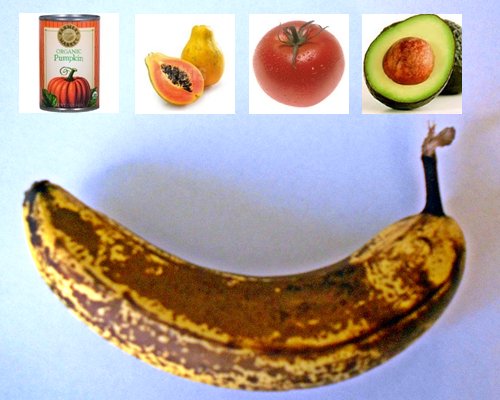
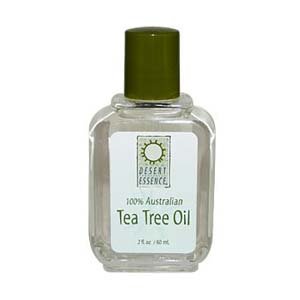
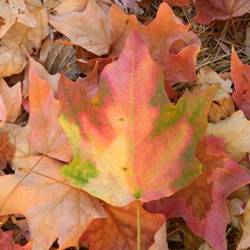

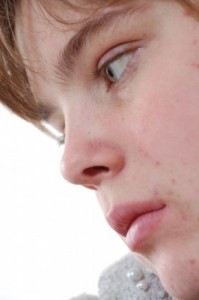 Having acne is never fun. Having acne blemishes painful, it makes your skin inflamed and blotchy and it can leave behind scarring if it is severe enough and goes untreated.
Having acne is never fun. Having acne blemishes painful, it makes your skin inflamed and blotchy and it can leave behind scarring if it is severe enough and goes untreated.